-
What is Realism in Literature?
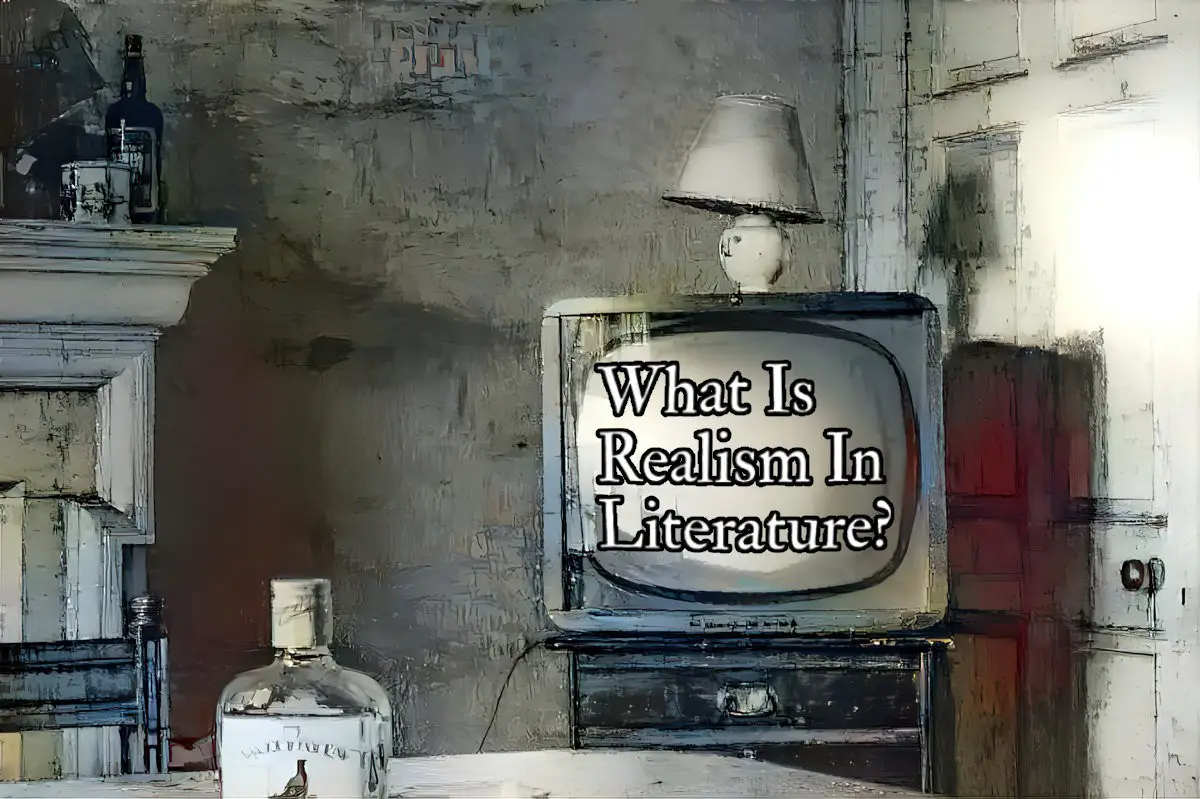
There is a spectrum of how real-world a story feels. Realism is a widely misunderstood term even within literary studies today. The terms are used differently depending on location. They’re also heavily classed and slightly gendered to boot. Humanities scholars spend a lot of time arguing about the meaning of realism.
-
What is a twice-told tale?
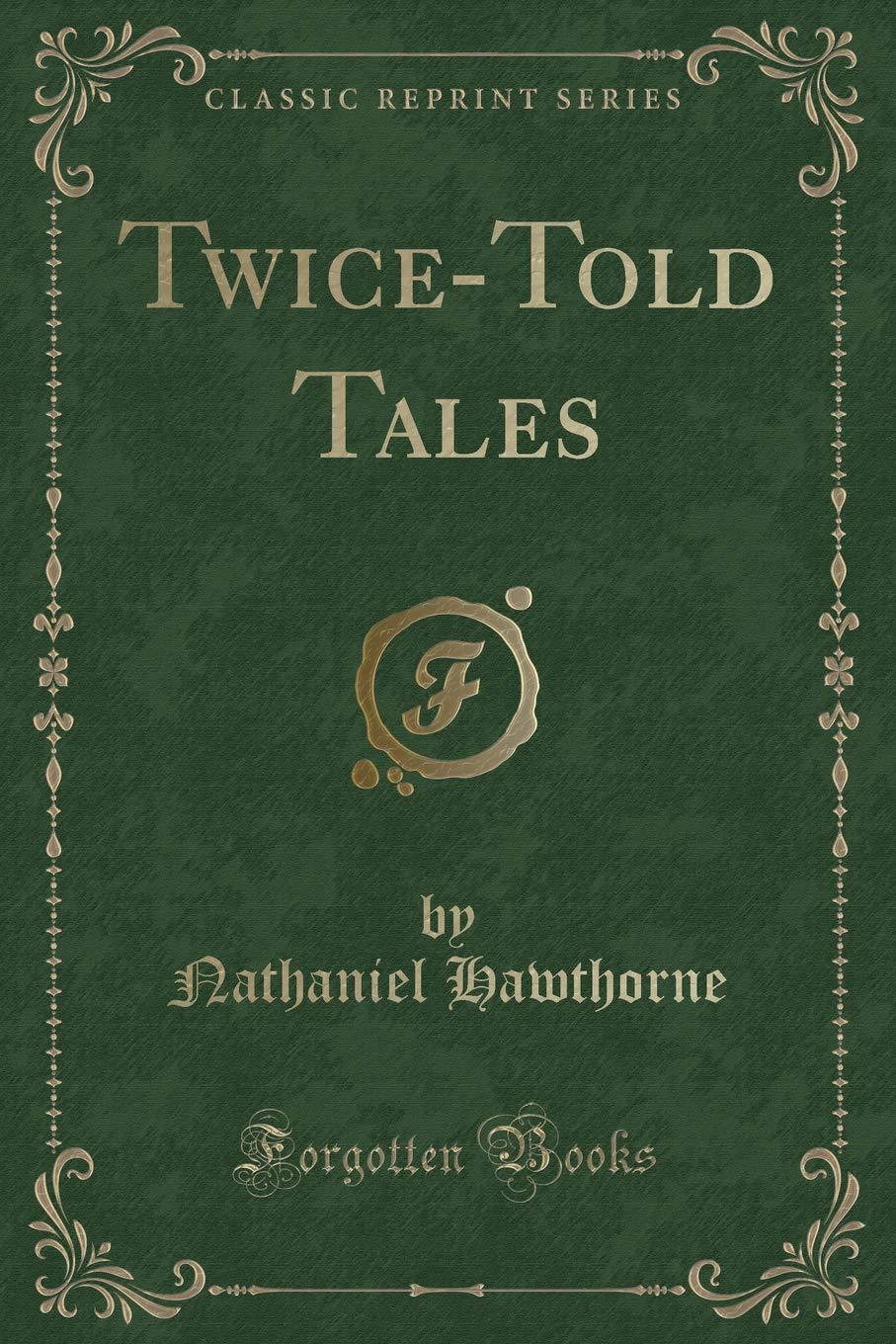
Dictionary Definition of twice-told Twice-told officially means well-known from repeated telling. The word is used chiefly in the phrase “twice-told tale“. First Known Use The word first took off around the year 1597, in the meaning above. Various Meanings In Contemporary Use Twice-Told Tales is a short story collection in two volumes by Nathaniel Hawthorne. The first volume came out in […]
-
Whimsy: What does it mean for a book to be whimsical?
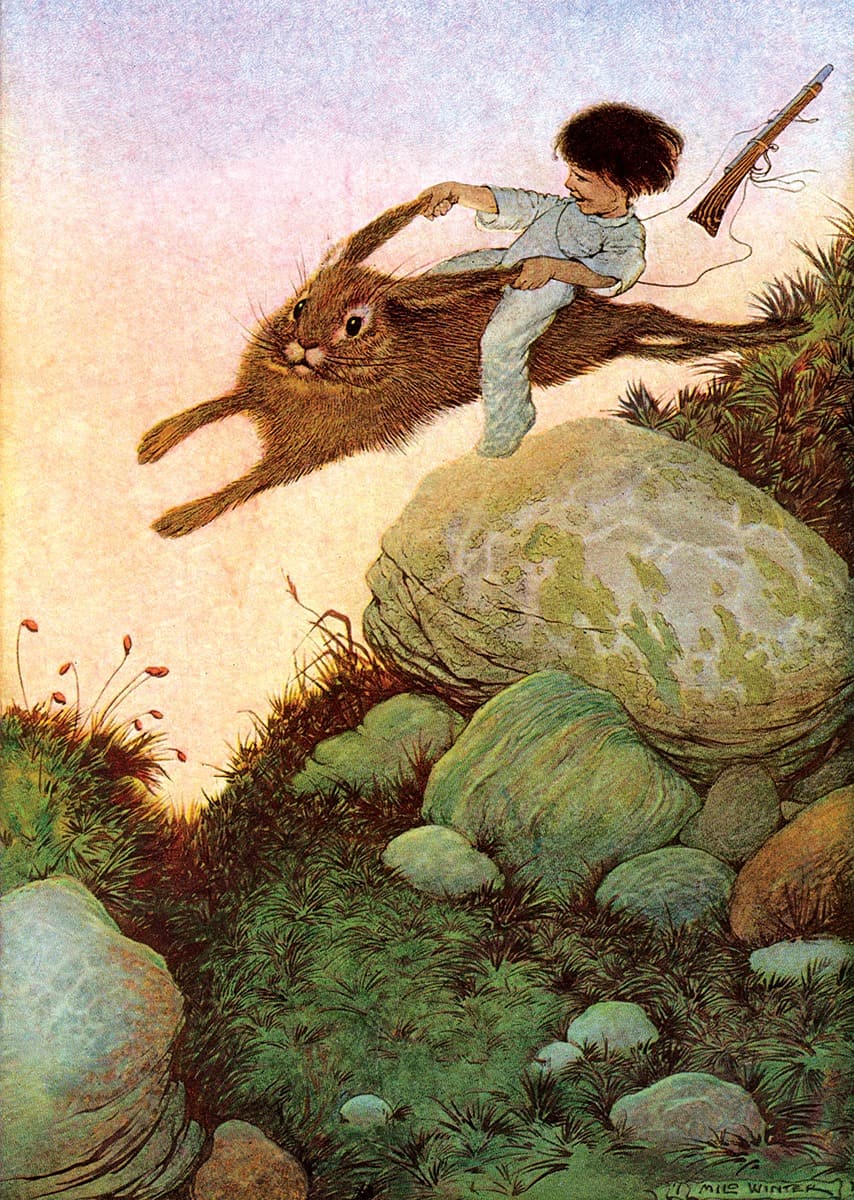
What are the common features of popular works commonly described as ‘whimsical’? A long while ago I swapped a middle grade critique with someone who had used ‘whimsical’ in the title of their work, yet the story itself did not feel whimsical. I started to wonder about the unspoken rules of ‘whimsical’. But could I […]
-
What is literary modernism?

I keep saying that Katherine Mansfield is a standout example of a Modernist short story writer, but what does ‘modernist’ really mean? “Make it new!” EZRA POUND, 1934 The Modernist Timeline In Wharton and in James, we see the formal precepts of realism taken to their absolute limit—the breaking point before modernism. The traditional nineteenth-century […]
-
What is mystery boxing?
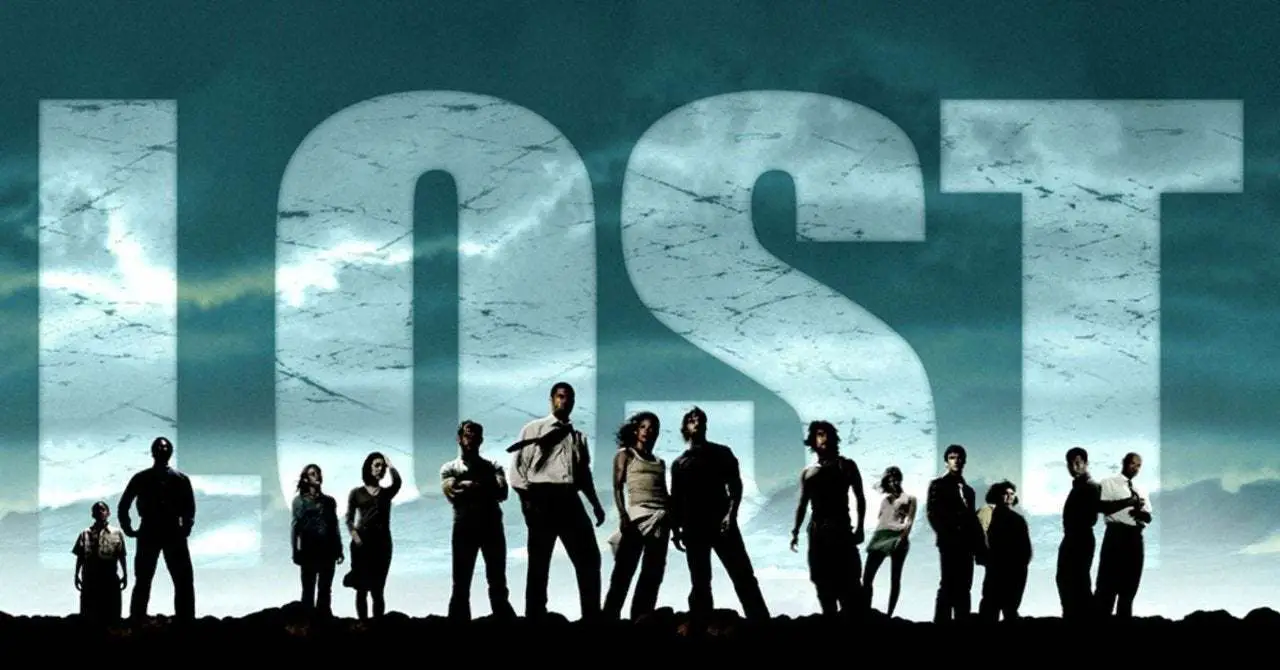
Mystery boxing is a storytelling technique which has only been accepted by popular audiences since about the year 2000. Back in 2000, the technique didn’t yet have a name. A BRIEF HISTORY OF MYSTERY BOXING It is better to know some of the questions than all of the answers. James Thurber In 2007 J.J. Abrams gave a now-famous […]
-
What is an illocutionary act?
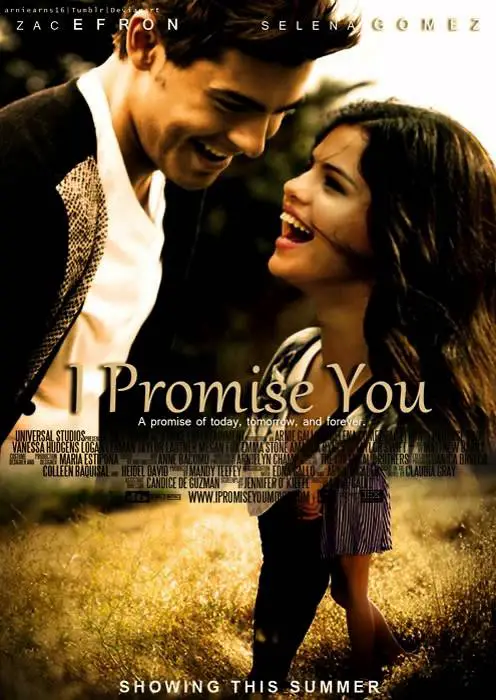
In The Office skit below, Michael Scott is attempting to imitate a Southern American accent for a game. He tries to sound Southern by saying “I do declare” at the end of each sentence. As Michael Scott is using it, “I do declare” is an exclamatory embellishment rather than an illocutionary act. The character of […]
-
The Overview Effect In Fiction

If you’re reading a picture book and you ever come across a page like this one, you might be seeing the overview effect as utilised by storytellers.
-
Defamiliarisation and the Estrangement Effect in Literature
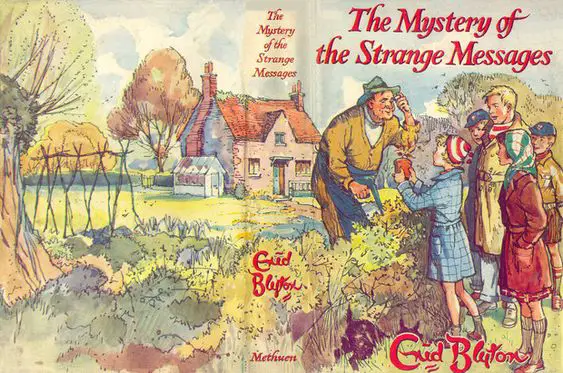
If writing novels—and reading them—have any redeeming social value, it’s probably that they force you to imagine what it’s like to be somebody else. Margaret Atwood, Second Words Strangeness is a necessary ingredient in beauty. Charles Baudelaire Don’t Forget How Strange This All Is from Raptitude WHAT IS DEFAMILIARISATION? [Defamiliarisation is] taking something and trying […]
-
Dischism, False Interiorization, White Room Syndrome

Dischism: Intrusion of author’s physical surroundings or mental state into the narrative.
-
The Difference Between Story and Discourse
What Is Discourse? ‘Discourse’ is a conveniently loose term, and can refer to: 1. Linguistic Discourse — generally refers to specific discourse types such as the discourse of parent-child conversations, boss-employee conversations, dinner table conversations versus schoolyard conversations… 2. Narratological Discourse — the means by which a story and its significance are communicated. Aspects such […]
-
What is delayed decoding?
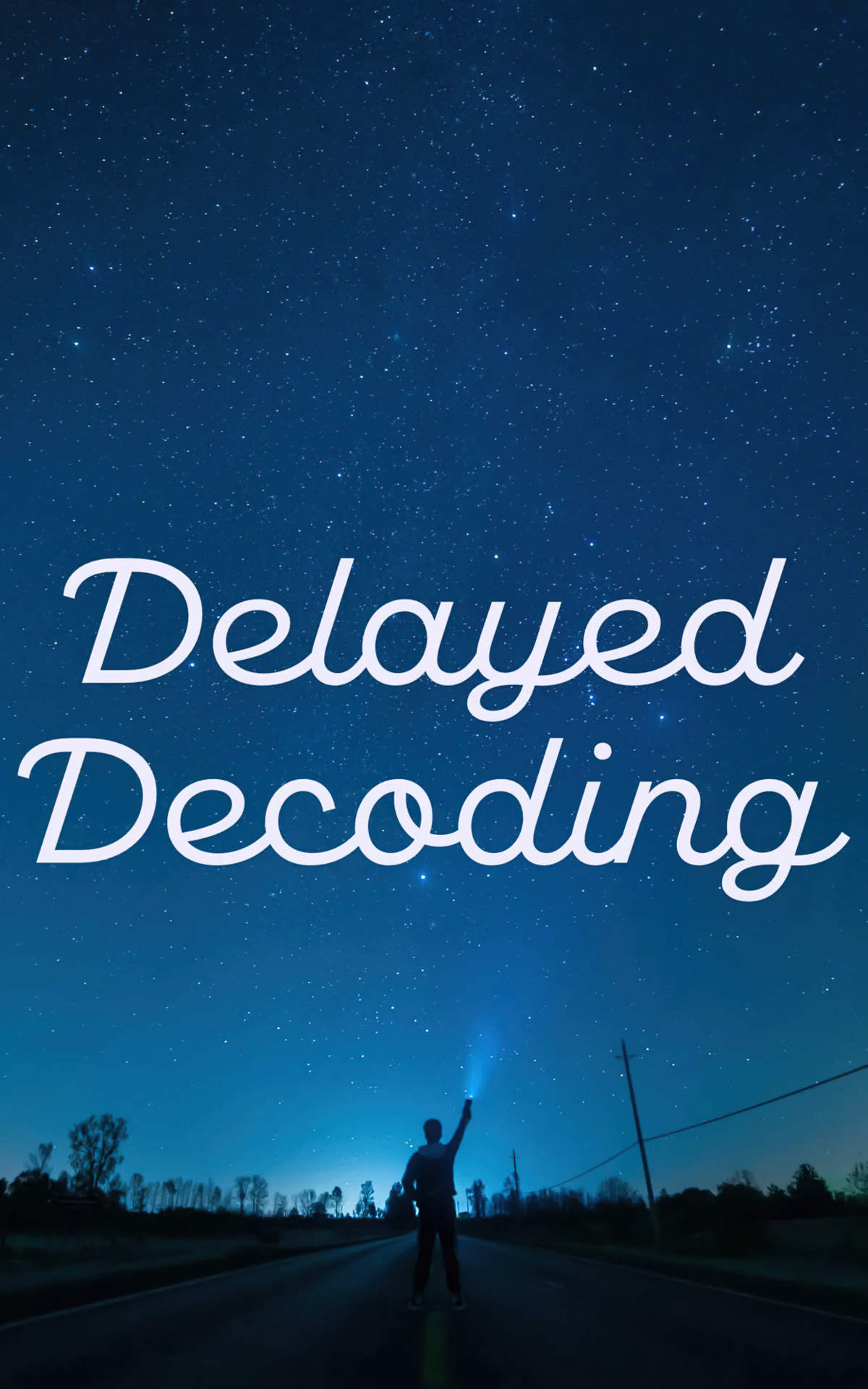
Delayed decoding is a technique used by the Literary Impressionists and writers who came after. The term was coined by Ian Watt in a 1972 lecture “Pink Toads and Yellow Curs: An Impressionist Narrative Device in Lord Jim”. Joseph Conrad is well-known for using this technique.
-
Words to Describe Landscapes, Landforms, Water and Construction
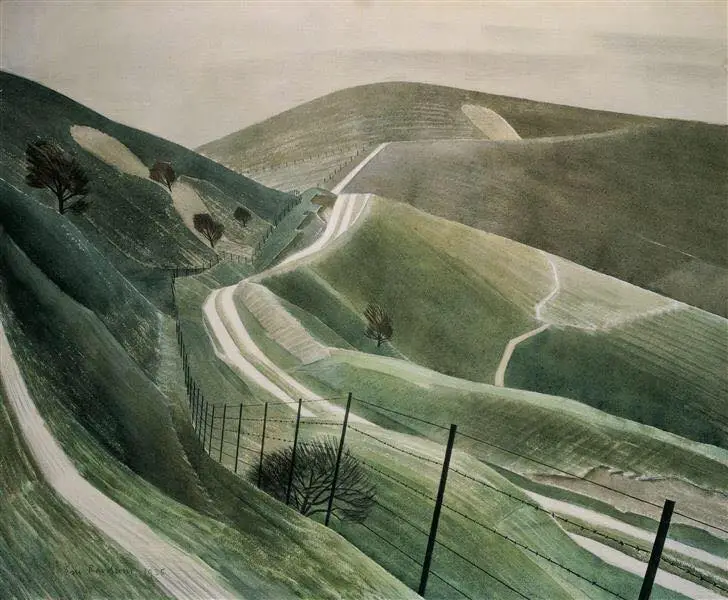
(Includes bodies of water.) You may be after a full glossary of landforms, in which case the Wikipedia article is comprehensive: Full list of landforms at Wikipedia. This post skews literary.
-
What Is Cosmic Horror?
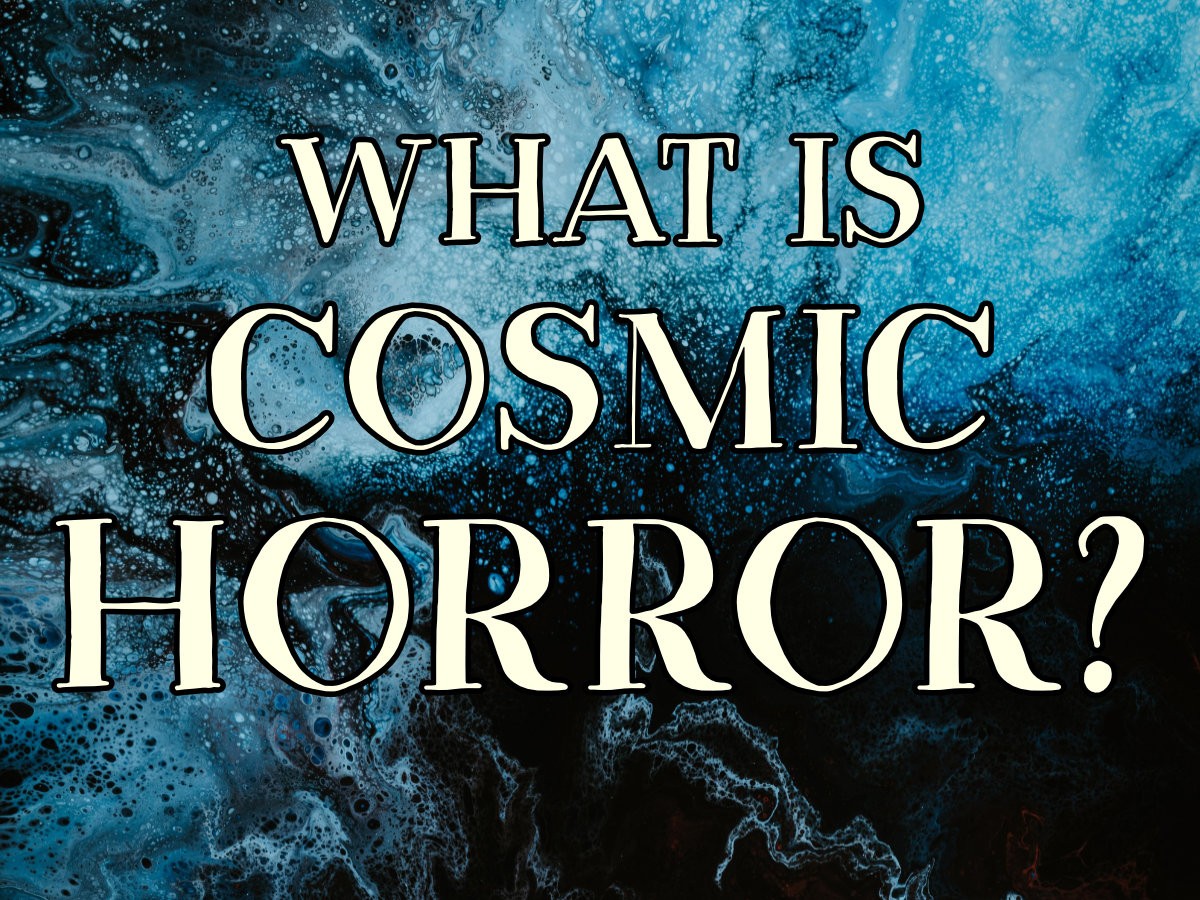
Do humans see reality as it really is? This is a fundamental question behind cosmic horror and is one philosophers and deep thinkers still ponder today.
-
Retrospective and Prospective Adaptations
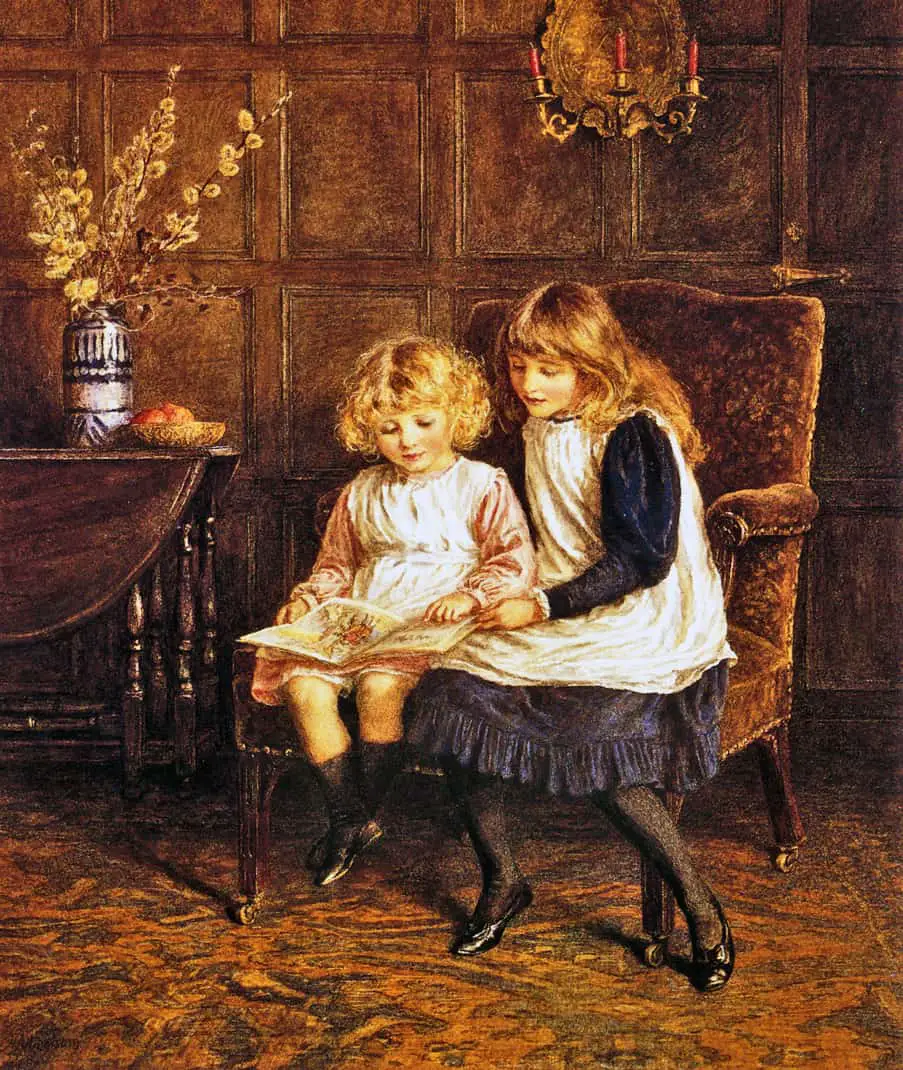
When storytellers decide to adapt an old story for a new audience, they must make an important decision: Is this for audiences who already know the story, or will this story function as a standalone? Adaptations are highly successful partly because when the audience already knows the setting and characters, the new take is easier […]
-
Difference between amulet and talisman

The amulet and talisman are both charms worn on or near the body. They mean basically the same thing: Jewellery with magical significance particular to the owner or wearer. It might be something similarly portable, like a stone. Charm powers fall into two main categories: Amulet comes from late 16th century Latin but talisman comes […]